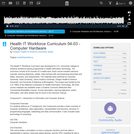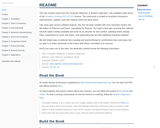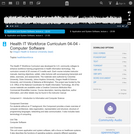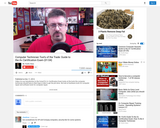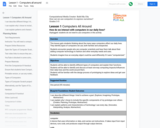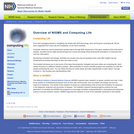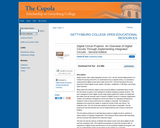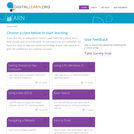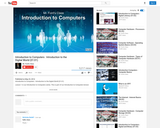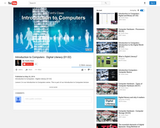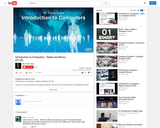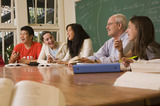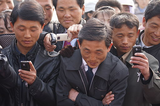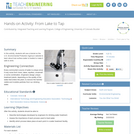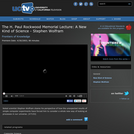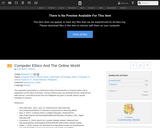
This powerpoint presentation is a brief lecture about the introduction to computer ethics and its implications on the online community. Common ethical issues are presented and are retrieved from valid sources. Local ethical issues from the Philippines are given to provide viewers specific examples of concerns.
References:
ABS-CBN News. (2017, June 21). Retrieved from http://news.abs-cbn.com/business/06/21/17/7-bdo-atms-compromised-in-skimming-official
Brey, P. (2007). Computer Ethics in (Higher) Education. Retrieved from https://www.utwente.nl/en/bms/wijsb/staff/brey/Publicaties_Brey/Brey_2007_Higher-Education.pdf
Crisostomo, S. (2016, March 19). Comelec Website Hacked. Retrieved from http://www.philstar.com/headlines/2016/03/29/1567196/comelec-website-hacked
Dalipe, J. (2016, October 24). Retrieved from http://www.sunstar.com.ph/cebu/local-news/2016/10/25/bpo-senior-manager-faces-online-libel-case-505555
Reynolds, G. (2010). Principles Of Ethics In Information Technology (Philippine Edition).
Turculet, M. (2014). Ethical Issues Concerning Online Social Networks. Retrieved from http://www.sciencedirect.com/science/article/pii/S1877042814050307
Toy, M. (2006, May 16). Retrieved from http://www.theage.com.au/news/world/chinese-hightech-hero-a-fake/2006/05/15/1147545263329.html
- Subject:
- Applied Science
- Computer Science
- Material Type:
- Lecture
- Author:
- Kyle Kjell Salazar
- Date Added:
- 10/08/2017

